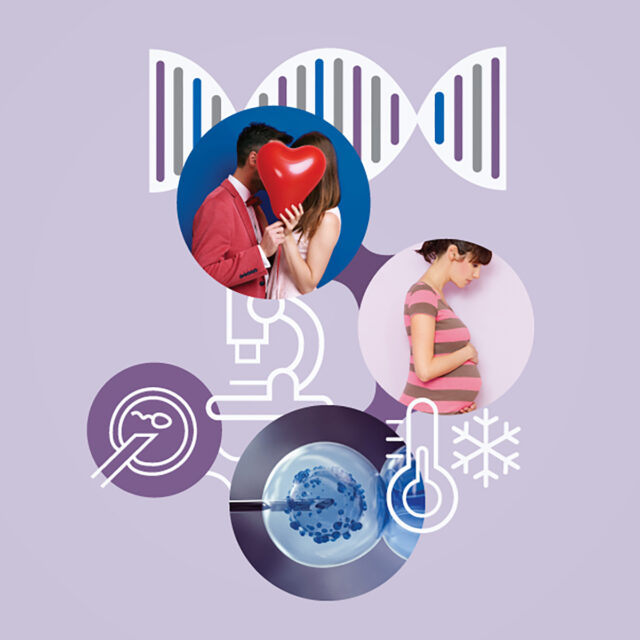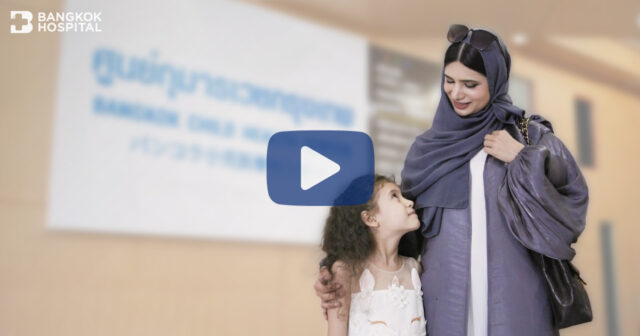Because children are a gift for parents, it is therefore not unusual for people who wish to start a family to have many questions. Proper understanding will not only alleviate concerns, but will also help people plan their family appropriately.
Age and Fertility
The older the age, the more the risks there are when conceiving a baby. These risks include miscarriage rates and the chances of the baby will have down syndrome. Therefore, the best age for conceiving is from 20 up to around 35. However, with medical advancements nowadays, there are methods that can help avert these risks during pregnancy; allowing women older than 35 to give birth to their babies without problems. The most important thing is for the mother to be in good health and accepting that risks do exist during the pregnancy. So, today women of any age can potentially have children, but they have to recognize the additional risk factors that come with age. These include whether or not the mother ever had “chocolate cyst” or ovarian surgery. Either of these can lessen the number of eggs the mother produces, making it more difficult to conceive while increasing the possibility of complications during pregnancy. Thus, it is important to consult an experienced fertility doctor for a better chance of conceiving.
Stress Can Be A Factor
Stress is known to interfere especially with a woman’s ability to get pregnant. When a woman is highly stressed, her ovary is affected and, consequently, may not produce eggs. This results in irregular menstruation, such that sperm cannot fertilize any egg as expected. In such a case, the doctor will prescribe ovulation induction medication to help the ovary release eggs more regularly. As for men, stress reduces the frequency of sex, making it difficult to conceive also. Researches have indicated that a newlywed couple has the best chance of getting pregnant. Six months after that, if the wife still is not pregnant, the chances of conceiving will gradually dwindle. It is recommended that the couple consult a specialist as soon as possible, when they wish to have children.
Egg and Sperm Freezing for Later
Today, egg and sperm freezing has generated a lot of interest, as it is an option for people who wish to have a family in the future but have not yet found the right partner. Though there is no guaranty that the frozen eggs and sperm will always lead to pregnancy, it is assured that the eggs and sperm will remain healthy if they are extracted at the right age. Even as the eggs are stored for more than 10 years, they are still viable but may be somewhat degraded. For sperm, on the other hand, there is no problem even after 10 years of storage. It should be noted, however, that the frozen eggs may not all be used because, after they are thawed, the survival rate is between 80 – 90 percent. Also, the success of getting pregnant will depend on the quality of the egg as well as sperm, along with the age and readiness of the mother.

Chances of A Miscarriage
In general, when a mother miscarries, it is usually within the first trimester. Research into miscarriages has found that 70% of the cases were mostly due to disorder in the fetus’s chromosomes. In addition, there is also a correlation between the mother’s age and the chances of a miscarriage, which increases with the age.
A Childless Couple Can Also Conceive
There are many reasons why a couple find it difficult to conceive. Today’s fast improving fertility technology can help them get pregnant. This includes the ability to accurately determine the days when eggs are released and taking ovulation induction medication before having sex on the day; or examining and selecting the strongest sperm and injecting it into the uterus. Another method is in vitro fertilization whereby the man’s sperm fertilizes the woman’s egg in a laboratory and the resulted embryo is inserted into the woman after it is deemed sufficiently healthy. Further, checking the embryo’s chromosomes will reduce the risks of a miscarriage as well as down syndrome. So, it is vital that the couple consult a fertility specialist and follow his/her advice for a successful outcome.
Older Women Who Wish to Have Children
If you wish to have a baby or want another child when you are already older, you should consult an experience fertility specialist. The first step is to have a detailed physical medical examination, as prescribed by your specialist. You should also recognize the chances of a miscarriage and that the baby may have down syndrome, as these possibilities increase with age. Facts are that in women 37 and older menstruation is reduced, leading to less eggs being produced. Their female sex hormone declines, and their endometrial also gets thinner. These factors all make it difficult to get pregnant. As for men who might already have vasectomy but now wish to have children, in vitro fertilization is the better option than vasectomy reversal surgery.
In any case, a married couple should plan their family together clearly, so that they will be able to build a perfect family of their dream; because if things do not go accordingly, they can adjust the plan to best match their common goal.












